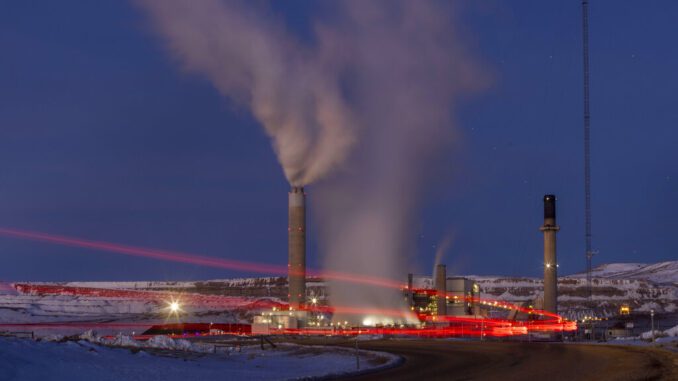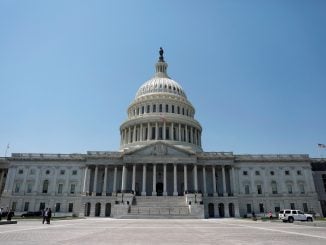
Record gas prices just pushed inflation to a 40-year high, according to a government report released this month. Meanwhile, the ongoing war in Europe continues to show how dangerous it is to rely on hostile regimes for any of our energy supplies. These sources are unreliable, and worse, dollars spent buying gas and oil produced by authoritarian regimes can end up funding war crimes like those committed by Russia against innocent Ukrainians. It’s obvious our country needs to find new ways to reduce its reliance on foreign oil and other energy sources from overseas.
The solution? Clean tech. Encompassing a range of zero-emission, domestic energy solutions, such as advanced nuclear and carbon-capture technologies, clean tech represents a vital component of any strategy to reduce CO2 emissions. But clean tech is also about much more than just climate change. As the examples above illustrate, clean tech is just as essential for our national and economic security too.
That’s why clean tech is being embraced by more and more policymakers with a center-right perspective. It’s also why dozens of state legislators with that same perspective descended upon Capitol Hill last month.
The legislators were in town as part of the Leadership Alliance for a More Perfect Union (LAMP) National Summit. This annual collaborative forum convenes subject-matter experts and state elected officials from across all 50 states to discuss pro-innovation, pro-growth policies related to infrastructure and clean energy.
This year, legislators discussed the importance of clean tech to the economy and national security: learning about policy trends, exploring industrial decarbonization strategies, evaluating infrastructure opportunities, and checking in with the Congressional Conservative Climate Caucus. They learned from leading experts in market-based environmental policy, and from leaders in Congress, such as Senator Tim Scott and Rep. John Curtis, about the importance of American energy independence and innovation to our economy and security.
These state legislators were on the Hill to support increased federal investment in a range of zero-carbon energy projects. These projects represent the next-generation of American energy innovation, including Project Pele and R&D for advanced nuclear, storage, and carbon capture. They also joined the Rainey Center Freedom Project in calling on Congress to prioritize clean energy innovation in the Department of Energy’s FY23 spending plans.
They called on Congress to do something else too: enact strategies to prevent China from stealing more of our clean technology. Chinese energy innovation espionage is an ongoing threat to our nation’s energy security and economy. There’s a reason we see China attempting to steal American technology, rather than innovating itself. It’s because our free-market model thrives on innovation while their communist system strangles it.



